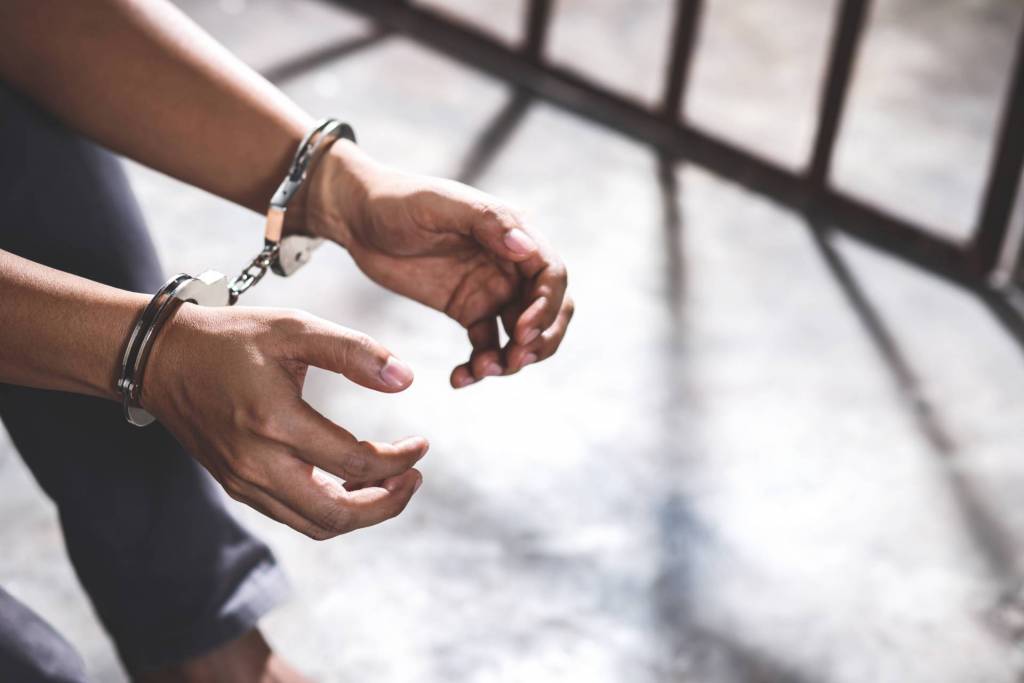In California, scores of drivers are arrested every year for driving under the influence simply because they have failed to pass a breathalyzer test.
Are breathalyzer devices trustworthy? Can a DUI defense lawyer help you avoid a DUI conviction – even after failing a breathalyzer exam?
Many people still do not understand that breathalyzer devices are often wrong, and breathalyzers can provide inaccurate readings for all kinds of reasons.
WHAT’S THE FIRST THING YOU MUST DO IF YOU ARE ARRESTED FOR DUI?
If you’re arrested and charged with DUI in California because of a breathalyzer test result, put your case in the hands of an experienced Los Angeles criminal defense attorney – immediately.
If you’ve ever been stopped for suspicion of DUI, you’ve probably been asked to “blow” into a breathalyzer device. But what – precisely – does a breathalyzer measure?
Are you required to “blow” into a breathalyzer if a police officer asks you to? What are your rights if you’re suspected of DUI? And are breathalyzers really an effective deterrent to impaired driving?
Let’s look at some answers.
HOW ARE BREATHALYZERS SUPPOSED TO WORK?
Breathalyzers are supposed to measure the amount of alcohol molecules in your breath. How is that done?
Alcohol molecules move directly from the stomach to the bloodstream without any chemical change, so when that blood moves through the lungs, some of that alcohol is absorbed into your breath and exhaled. That’s why you can smell alcohol on someone’s breath.
A breathalyzer is supposed to measure the percentage of alcohol molecules in your breath and then determine how much alcohol has to be in your bloodstream to produce that percentage of alcohol in your breath.
WHAT KINDS OF BREATHALYZERS DO POLICE OFFICERS USE?
Several types of breathalyzers are currently used by law enforcement agencies in California:
1. Semiconductor sensor breathalyzers often return false positives because they also detect ketones – bi-products of the digestive process – that are chemically comparable to alcohol.
2. Platinum fuel-cell breathalyzers aren’t infallible, but they are alcohol-specific, so they are considered more trustworthy than semiconductor sensor devices.
3. Infrared spectronomy breathalyzers are the larger and more sophisticated units typically located at police stations and precincts. These breathalyzers are presumed to give the most precise readings, the readings that will be used as evidence against a DUI defendant.
DO BREATHALYZERS PRESENT OTHER DIFFICULTIES?
Breathalyzers must be maintained routinely. Even then, some breathalyzer devices pick up radio frequency interference (RFI), electronic interference that the police themselves can create with their walkie-talkies and two-way radios.
RFI can lead to false positive test results.
When a breathalyzer works properly, it remains imperative for a test to be conducted properly. Police personnel must be trained to conduct breathalyzer tests according to a precise, standardized set of guidelines.
If an officer does not follow the procedures precisely, the test results could be wrong.
A different difficulty with breathalyzers is only now starting to be understood. If anything causes an airbag to deploy before a motorist takes a breathalyzer test, the airbag may release chemicals into the motorist’s lungs that will make the test result inaccurate.
WHAT DUI TESTS ARE THE MOST ACCURATE?
Blood tests remain the most accurate method of measuring someone’s BAC (blood alcohol content) level – provided the proper procedures are adhered to for testing and handling the blood samples.
In California, the breathalyzers used by police officers cannot be used as evidence against you. That’s why most DUI suspects are asked to “blow” a second time, after being arrested, using an infrared spectronomy breathalyzer.
The hand-held breathalyzers carried by police officers are used only to determine if probable cause exists to arrest you for suspicion of DUI.
ARE YOU REQUIRED TO SUBMIT TO A DUI TEST?
It’s also why, for most drivers in most situations in California, you cannot be compelled to submit to a breathalyzer test – if you have not been placed under arrest.
However, if you are arrested for DUI, California law requires you to submit to either a blood, breath, or urine test after – and not before – you have been taken into custody.
Most California drivers who are stopped in traffic for suspicion of DUI should decline – politely – any DUI test.
However, if you’re 18 years old or younger, or if you’re serving probation because of a prior DUI conviction, state law requires you to take a breathalyzer exam if a police officer requests it.
The penalties for refusing to take a blood, breath, or urine test – after you’ve been arrested for DUI – begin with a one-year suspension of your driver’s license. If it’s your second refusal to test, you’ll probably have a two-year driver’s license suspension imposed. In states like Arizona, the laws surrounding DUI testing may be different, so it is best to speak with a Peoria Criminal Attorney.
HOW WILL BREATHALYZERS BE USED IN THE FUTURE?
An ignition interlock device or “IID” is essentially a breathalyzer connected a vehicle’s ignition. It prevents you from starting the vehicle unless you blow into the device and prove that you are not impaired.
Having IIDs installed in their personal vehicles will be a requirement for all convicted DUI offenders in this state starting on January 1, 2019.
Driving under the influence of marijuana in this state carries the same penalties as driving under the influence of alcohol, but detecting THC (tetrahydrocannabinol, the active ingredient in marijuana) in the bloodstream is both difficult and controversial.
However, a number of companies are now rushing to develop a reliable marijuana breathalyzer, and such a device may become available to police agencies within months now rather than years.
WHAT’S THE DUI LAW IN CALIFORNIA?
The law in this state presumes that a blood alcohol content (BAC) level measuring at 0.08 percent or higher means that a motorist is driving under the influence.
The problem is that some drivers who register high blood alcohol content levels haven’t had any alcohol.
Anyone with gastroesophageal reflux disease, hypoglycemia, diabetes, or a rare medical condition called “auto-brewery syndrome” might be charged with DUI for failing a breathalyzer test.
Ripe fruits, pecans, energy drinks, protein bars, and a variety of other food items will also return a positive reading for alcohol. Colognes, perfumes, and breath fresheners can also be responsible for false breathalyzer readings.
WHAT CAN HAPPEN IF YOU ARE CONVICTED OF DUI?
“Don’t Drink and Drive” is good advice. But if that advice fails you, and you are accused of DUI anyway, you must get the legal help that you need – immediately. DUI penalties are harsh in California, and a conviction can place your job at risk or even send you to jail.
Don’t take any chances. If you are wrongly accused of driving under the influence in southern California, reach out at once to a skilled DUI attorney, and get the legal advice and representation that you will very much need. Your future will depend on it.









